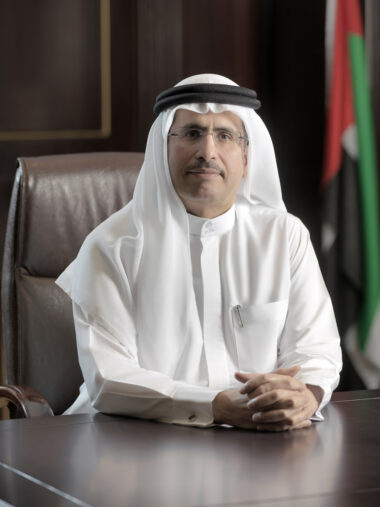Wednesday 27 December 2023
The following experts are available for comment after severe storms brought damaging wind, rain and hail to parts of Queensland, New South Wales and Victoria. There are reports eight people have lost their lives so far.
These storms follow a hot spring where Queenslanders lost homes in bushfires and a summer downpour from an ex-tropical cyclone in northern Australia that flooded homes, pubs and the Cairns airport. Christmas tourism hot spots have been affected, and many communities down the east coast have damaged housing and are without power.
CLIMATE SCIENCE
Dr Simon Bradshaw
Location – Sydney
Dr Simon Bradshaw is a researcher on climate science and the impacts of a warming climate; his research covers extreme weather, bushfires, heat, floods, health, security and many other areas of climate science and impacts. He can talk about the current storms within the context of an increasingly volatile and dangerous climate, their potential further impacts, and their consistency with the weather events we've been warned to expect on a fast warming planet.
Dr Bradshaw said: “While storms are common in parts of Queensland at this time of year, we know that a warmer and wetter atmosphere means that storms have the potential to become more destructive. For example there may be stronger winds, more rainfall or more lightning strikes. Looking further north, the wild swing from last week's extreme downpours to this week's heatwave again feels consistent with the sort of experiences we've been warned to expect on a fast warming planet. When you start to piece together the experiences of this summer so far it is clear that we are living through an era of escalating climate consequences, with a feeling of whiplash as communities increasingly face one extreme after another.”
COMMUNITY RESILIENCE
Dr Jean Renouf founder and chair of Plan C, academic at Southern Cross University and on-call firefighter
Location: Lismore, NSW.
Jean can talk to community response and resilience efforts. Jean helps to run free community training that upskills community members in disaster preparedness and response to extreme weather events such as bushfires, floods and heatwaves. The training covers food, water and energy security, emergency communications, community-building, psychological first aid, and more. He has a wealth of knowledge and learnings and can talk about how best to prepare and adapt communities across Australia who may be faced with worsening climate change.
ECONOMIC IMPACTS
Prof. John Quiggin, Economist at University of Queensland.
Location: Brisbane, QLD
John Quiggin is prominent both as a research economist and as a commentator on Australian economic policy. He can talk about the potential impacts of climate change and the increasing frequency and severity of extreme weather on the Queensland and Australian economies.
HUMAN HEALTH IMPACTS
Dr Kate Wylie, Doctors for the Environment Australia executive director and GP
Location: Adelaide, SA
Dr Kate Wylie can speak about the physical and mental health impacts of extreme weather and climate change. Dr Wylie can share practical tips for keeping communities safe during severe storms. Dr Wylie can also offer a perspective on how best to prepare Australia’s healthcare systems for the mental and physical impacts of climate change.
ANIMAL IMPACTS
Dr Angela Frimberger, veterinarian
Location: Port Macquarie, NSW
Dr Angela Frimberger is deputy chair of Vets for Climate Action and a veterinary oncologist. She practises in Port Macquarie, and can talk about the impact of extreme weather on pets, livestock and wildlife, as well as tips on how to keep animals safe during heat, storms and fires. Angela has experienced dealing with animal emergencies during extreme flooding events, as she was on the ground when life-threatening floods impacted her region last year.
For interviews with Dr Simon Bradshaw, please contact Zerene Catacutan on 0438 972 260, [email protected]
For everyone else please contact Sean Kennedy, 0447 121 378 [email protected]
Or Jacqui Street 0498 188 528 [email protected]
Contact details:
Sean Kennedy, 0447 121 378 [email protected]

